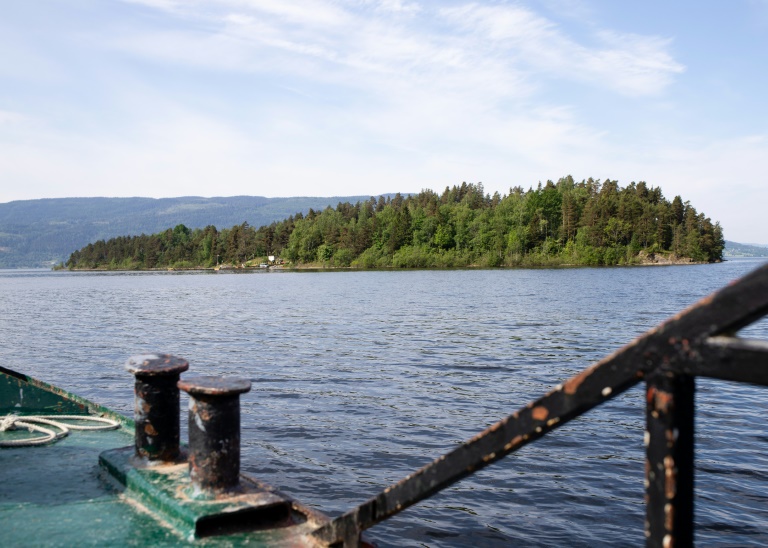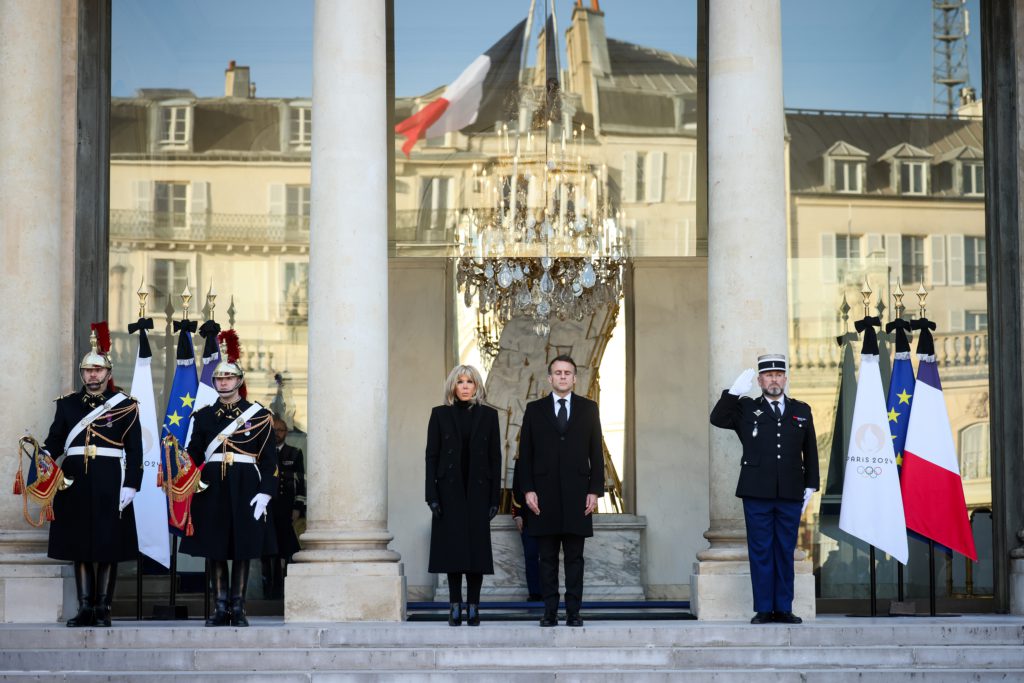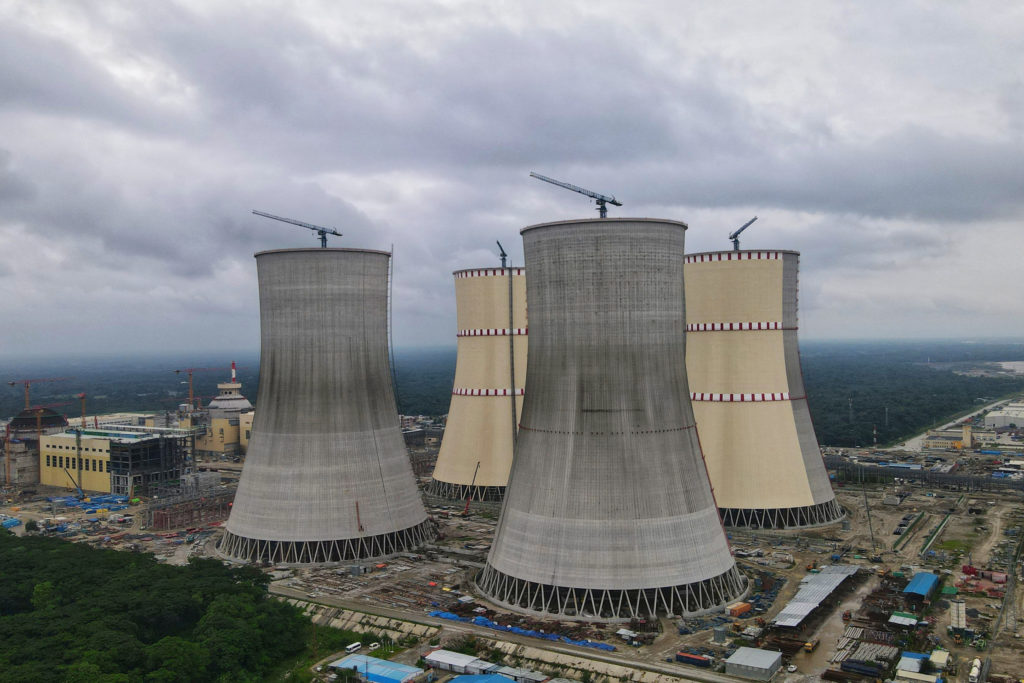Ten years after the bloodiest attack in Norway’s post-war history, survivors of the Utoya massacre say the country needs to finally face up to the far-right ideology behind the massacre.
The island of Utoya, located in a lake northwest of the capital, Oslo, where most of the 77 killings occurred, has received a fresh look.
Owned and run by the youth league (AUF) of Norway’s Labour Party, its wooden buildings have been refurbished and children attending workshops focused on democracy and anti-racism wander through green tree avenues.
But bullet holes in the walls of the old cafeteria have been preserved and a memorial now hangs in a clearing, both reminders of that fateful day.
On July 22, 2011, Anders Behring Breivik, disguised as a police officer, tracked and gunned down 69 people, mostly teenagers, at an AUF summer camp on the island.
His more than hour-long killing spree began shortly after he had detonated a fertiliser bomb outside a government building in Oslo, killing eight people.
“We’ve not managed to have a debate about how young white men, growing up like one of us in Norway, going to the same schools and living in the same neighbourhoods, can develop such extreme views that they feel they can kill for them,” survivor Astrid Eide Hoem told AFP.
She was only 16 when she found herself trapped on the island along with hundreds of others, fearing for her life.
Hiding by a cliffside near the water, she sent what she thought would be a last text to her mother: “I love you more than anything on earth. Don’t call me. You are the best parents in the world.”
She escaped but for the next two weeks she didn’t know which of her friends’ funerals to attend, as there were too many.
– ‘Stop radicalisation’ –
Now the leader of the AUF, she says she regrets that, although the killer was given the maximum sentence — 21 years in prison which can be extended indefinitely — Norway has still not confronted his political motives.
“We have discussed the preparedness of the rescue services, how much police we should have in the streets, how many helicopters should be available,” Eide Hoem said.
“We’ve discussed memorials. We’ve discussed Breivik’s mental health. But we haven’t discussed the political ideology behind it,” she added.
“The most important emergency preparedness we have is before the police barrier. It is that we stop this type of radicalisation,” she argued.
– Another attack –
In August 2019, Norway was struck by another attack.
After shooting and killing his Asian-born stepsister over racist motives, Philip Manshaus opened fire into a mosque on the outskirts of Oslo before being overpowered by worshippers preventing any serious injuries.
“That there are people who still share Breivik’s ideas, that we have had another terrorist attack in Norway by someone deeply inspired by Breivik shows that we have failed to deal with the political aspect of the attack,” said Elin L’Estrange, who escaped the Utoya shootings by swimming away.
“In the US, New Zealand and many other countries, there have been attacks directly inspired by Breivik,” L’Estrange said.
“This is an international movement that we have to take seriously, it’s dangerous,” she added.
On Utoya, as in Oslo, where a left-wing coalition led by Jens Stoltenberg — now the head of NATO — was in power at the time, Breivik deliberately targeted the Labour Party.
Norway’s historically dominant political force was blamed for ushering in the multiculturalism that Breivik abhorred.
– ‘Trolls’ –
Survivors have tried to debate the ideological underpinnings of the populist right and denounce its sometimes inflammatory anti-immigration rhetoric.
But they have been accused of exploiting the tragedy and told to leave freedom of expression alone.
“It was AUF that was gagged after July 22,” wrote journalist and former left-wing parliamentarian Snorre Valen, author of the book “Utoyakortet” (“The Utoya Card”).
“On the Norwegian political scene, the trolls have gotten a place in the sun, while AUF have had to stay inside,” he said in an op-ed early this month.
Opinion polls suggest the Labour Party has a good chance of reclaiming power from the current centre-right coalition in the September 13 general election.
If it does, the party has pledged to set up a commission to investigate the mechanisms of radicalisation, at the AUF’s request.
“Often we discuss Islamic terrorism, which is also important,” Eide Hoem said.
“But in Norway, it is strange that we spend so much time discussing that when the thing that has claimed lives in the last 10 years is right-wing extremism.”










